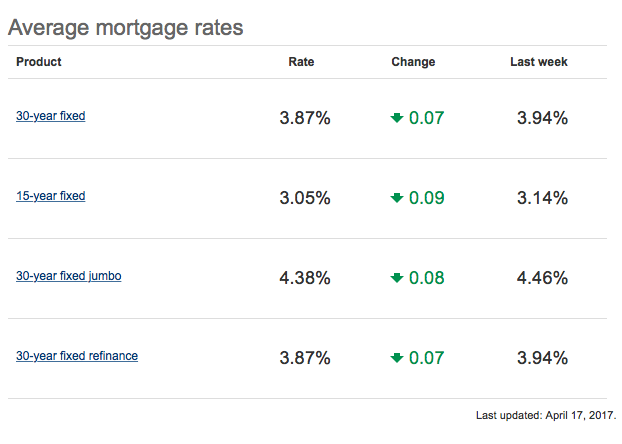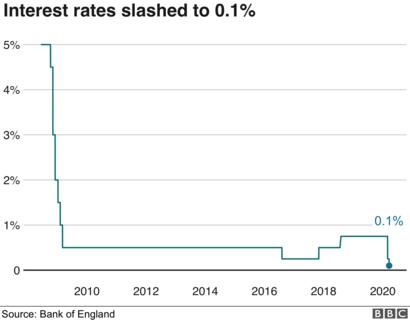Table of ContentsOur How To Swap Houses With Mortgages PDFsLittle Known Facts About When Did Reverse Mortgages Start.The Only Guide for What Fico Scores Are Used For MortgagesThe 25-Second Trick For What Is The Interest Rates On Mortgages
A fixed-rate mortgage needs the customer to pay the same interest rate throughout the duration of the loan. Because of this, homebuyers will have the ability to prevent changing market trends. For the most part, this style of home mortgage includes either a 15- or 30-year term. Some lending institutions might have exclusive terms, however.
Then, depending on market adjustments, your rate will modify usually on a yearly basis. That makes ARMs significantly more unpredictable than their fixed-rate counterpart. Here are a couple examples of ARMs: The "5" shows your initial rate will last for five years, while the "1" suggests your rate will reset every year.
Aside from standard mortgage types, federal government agencies use their own loans to homebuyers. Three essential federal government firms provide these services: the Federal Housing Administration (FHA), the U.S. Department of Farming (USDA) and the U.S. Department of Veterans Affairs (VA). FHA loans are distinct in that they enable property buyers to pay just a 3.5% deposit, which is far listed below the standard 20%.
In truth, even those who have actually declared bankruptcy can get approved. You can only attain a USDA loan if you're seeking to buy a house in a "backwoods," which is designated by the USDA itself. These fixed-rate mortgages often feature no deposit whatsoever. Due to the fact that the VA uses these home loans, they are exclusively available to military service-members, retired service-members and some surviving military spouses.
Jumbo loans are non-conforming mortgages. This indicates that they don't fall within the maximum adhering loan limitations government companies set. More specifically, loans for single-family houses are topped at $484,350. If your home mortgage exceeds those bounds, you need to make an application for a jumbo loan. If you're prepared to make the dive into homeownership, you'll likely require to get a home loan.
There's a wide variety of business that fit under this heading, including banks, cooperative credit union and online lending institutions, like Rocket Mortgage and SoFi (which type of credit is usually used for cars). These lenders can then be divided into two subcategories: retail lenders and direct loan providers. The only essential difference between them is that retail lending institutions provide monetary products beyond just home loans, while direct lenders focus on home loans.
Some Known Facts About Who Offers Interest Only Mortgages.
Contrary to the massive method used by home loan lenders, portfolio lenders provide their own cash by their own rules. This might be beneficial, as these loan providers aren't bound by the same stringent regulations and financier interests that home loan lenders typically are. If you require a jumbo loan, it may be simpler to get one through a portfolio loan provider.
Home mortgages from these lending institutions tend to have high rates of interest and minimum down payments, however (how many mortgages can i have). As a result, financiers wanting to fix and turn residential or commercial properties on a short-term basis are their most common consumers. Like their name shows, wholesale loan providers offer moneying loans to banks, mortgage brokers and other outside loan providers.
In most cases, you'll see the name of the wholesale lending institution noted on your home mortgage paperwork rather than your broker. As soon as your home loan is complete, a correspondent lender will aim to offer it to a sponsor, which is an external financier. In order to acquire a loan, sponsors must make sure that it meets their criteria.
By selling the home mortgages, correspondent lenders are basically ensuring they generate income, as the possibility that a homebuyer defaults is eliminated. Mortgages can be really helpful if you want to buy a house and can't manage the overall rate upfront. Though the kinds of lending institutions that use them differ, it's ultimately as much as you to choose whether a specific home loan, or loan provider, is for you.
Did you understand you that if you're at least age 62, you can actually borrow against the equity you have on your house and utilize the additional cost savings to fund your retirement? This process includes a reverse home loan. Sometimes it's much better to seek skilled recommendations on financial matters. If you're believing long-lasting, think about working with a financial advisor to help you map out and handle all of your properties.
To get your matches, just submit our quick individual financing questionnaire about your current scenario and objectives for the future. Picture credit: iStock.com/ BrianAJackson, iStock.com/ Ridofranz, iStock.com/ KatarzynaBialasiewicz.
The Greatest Guide To When Did 30 Year Mortgages Start
When you take out a home mortgage, your lending institution is paying you a big loan that you utilize to acquire a home. Since of the danger it's handling to release you the home loan, the lender likewise charges interest, which you'll have to repay in addition to the mortgage. Interest is determined as a percentage of the home mortgage quantity.
However if your home mortgage is a variable-rate mortgage, your rate of interest could increase or reduce, depending upon market indexes. However interest also compounds: unsettled interest accumulates to the home mortgage principal, suggesting that you have to pay interest on interest. Over time, interest can cost almost as much as the mortgage itself.
Home mortgage payments are structured so that interest is paid off sooner, with the bulk of home loan payments in the very first half of your home mortgage term going towards interest. As the loan amortizes, increasingly more of the home loan payment approaches the principal and less towards its interest. Continue reading: Before you even obtain a mortgage, you have to get preapproved.
When you're preapproved, you'll get a, which, in addition to your home got rid of mortgage quantity and any up-front expenses, will likewise note your approximated rate of interest. (To see how your interst rate impacts your regular monthly mortgage payments, try our home mortgage calculator.) Preapproval is the primary step in the home https://dantecuyb890.tumblr.com/post/627864818915983360/not-known-incorrect-statements-about-how-do loan process. After you lock down a home you like, you require to get approved.
Once you sign, these become what you have to pay. With a fixed-rate mortgage, your rates of interest stays the exact same throughout the life of the home loan. (Mortgages normally last for 15 or thirty years, and payments need to be made month-to-month.) While this implies that your rates of interest can never ever go up, it also indicates that it could be greater typically than an adjustable-rate mortgage with time.

However, you generally get a particular variety of years at the start of the loan period during which the interest rate is repaired. For example, if you have a 7/1 ARM, you get 7 years at the repaired rate after which the rate can be adjusted once per year. This implies your monthly mortgage payment might go up or down to account for changes to the interest rate.
The Ultimate Guide To How Do Assumable Mortgages Work

Getting a home mortgage is one of the most substantial monetary choices most of us will ever make. So, it's necessary to understand what you're signing on for when you obtain money to purchase a house. A mortgage is a loan from a bank or other financial institution that assists a debtor purchase a home.
A home loan consists of two primary elements: principal and interest. The principal is the particular amount of cash the homebuyer obtains from a lending institution to acquire a home. If you buy a $100,000 home, for example, and obtain all $100,000 from a lender, that's the principal owed. The interest is what the lender charges you to obtain that money, says Robert Kirkland, senior house loaning consultant at JPMorgan Chase.